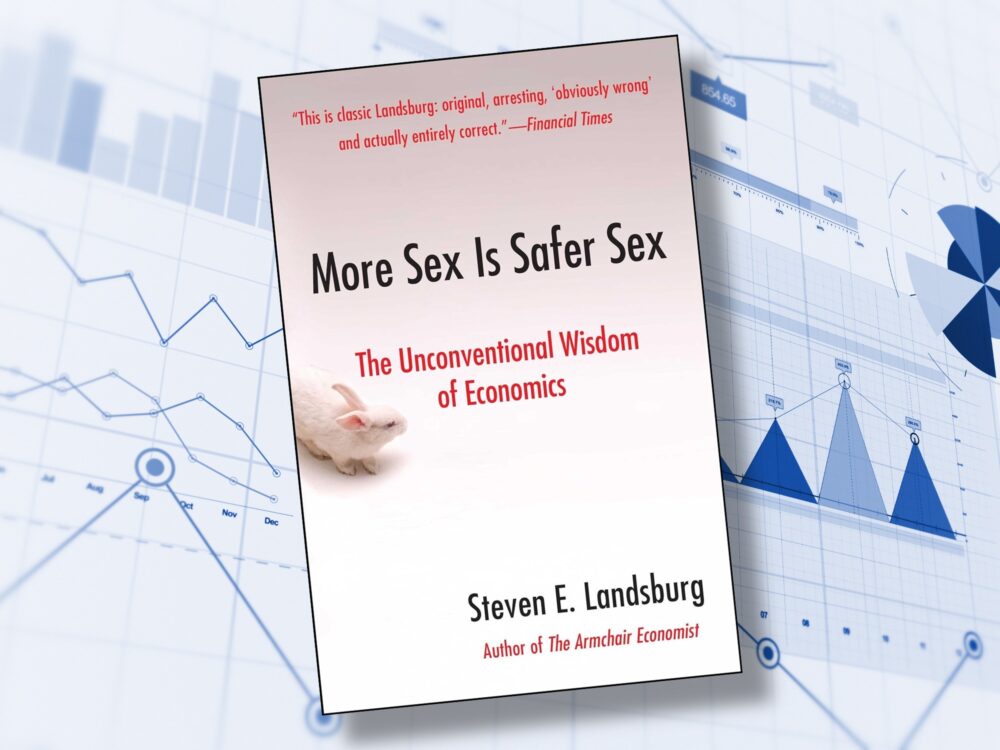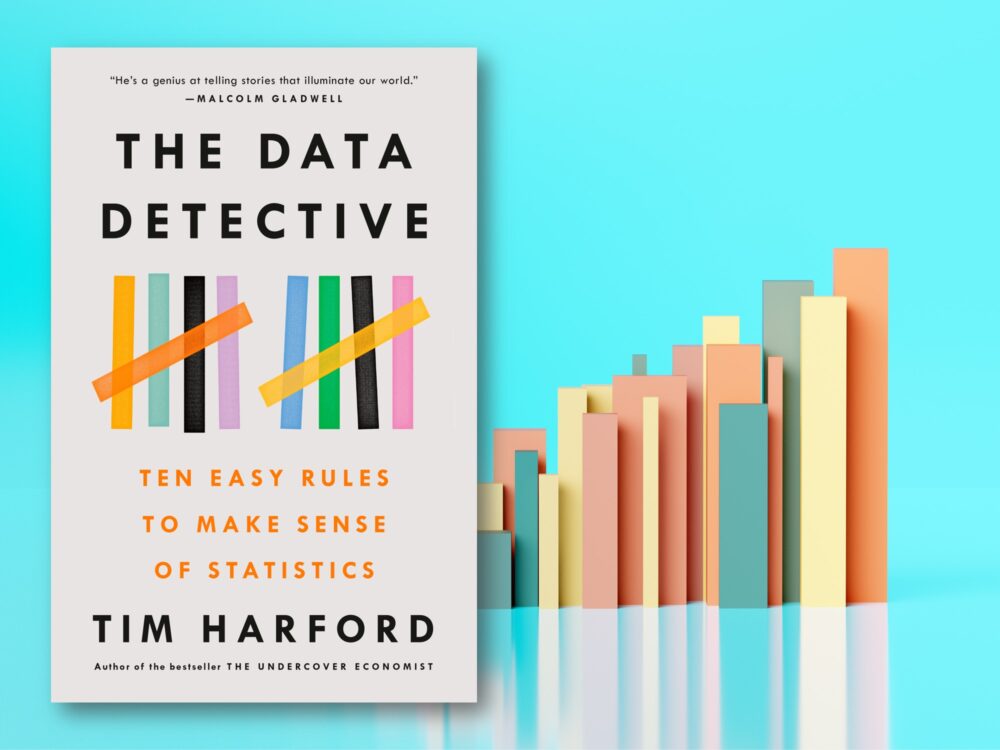Overview
Michael Tai’s book, ‘China and Her Neighbours: Asian Diplomacy from Ancient History to the Present’, has the ambition to offer a comprehensive exploration of China’s diplomatic history and its evolving relationships with neighbouring countries. The book spans thousands of years, delving into China’s interactions with Japan, Vietnam, the Philippines, and Malaysia. Tai examines how China’s historical role as the ‘Middle Kingdom’ influenced its diplomatic strategies and how these strategies have adapted over time. The book also addresses contemporary issues, such as territorial disputes in the South China Sea, providing a historical context to understand current tensions.
Tai’s work are usually notable for its in-depth analysis and rich historical narrative, making it a valuable resource for understanding the complexities of Asian diplomacy. By exploring both ancient and modern diplomatic practices, the book is expected to highlight the continuity and changes in China’s approach to its neighbours. However the book was rather disappointing.
Synopsis
The eight chapters of the book can be summarised as follows:
CHAPTER 1: INTRODUCTION: CAN THE WORLD TRUST CHINA?
This chapter sets the stage by questioning China’s trustworthiness on the global stage. It explores historical and contemporary perspectives on China’s diplomatic strategies and intentions, raising concerns about its growing influence and the implications for international trust and stability.
CHAPTER 2: CHINA AND JAPAN
This chapter delves into the complex and often contentious relationship between China and Japan. It covers historical conflicts, cultural exchanges, and modern-day diplomatic challenges, highlighting how past events continue to shape their interactions today.
CHAPTER 3: THE RYUKYU KINGDOM
Focusing on the historical Ryukyu Kingdom, this chapter examines its unique position between China and Japan. It discusses the kingdom’s tributary relationship with China and its eventual annexation by Japan, illustrating the geopolitical dynamics of the region.
CHAPTER 4: VIETNAM
This chapter explores the long and tumultuous history between China and Vietnam. It covers periods of conflict, colonisation, and cooperation, emphasising how historical events have influenced their current diplomatic and economic relations.
CHAPTER 5: THE PHILIPPINES
Here, the focus is on China’s relationship with the Philippines, particularly in the context of maritime disputes in the South China Sea. The chapter discusses historical ties, economic interactions, and the ongoing territorial conflicts that strain their relations.
CHAPTER 6: MALAYSIA
This chapter examines China’s interactions with Malaysia, highlighting economic partnerships and political alliances. It also addresses the influence of China’s Belt and Road Initiative on Malaysia’s infrastructure and development.
CHAPTER 7: TERRITORIAL DISPUTES
This chapter provides an in-depth look at the various territorial disputes involving China and its neighbours. It covers the historical roots of these conflicts, the legal and diplomatic battles, and the broader implications for regional stability.
CHAPTER 8: CHINA AND THE WORLD ORDER
The final chapter discusses China’s role in the global order. It analyses China’s ambitions to reshape international norms and institutions, its strategies for gaining influence, and the potential consequences for global governance and power dynamics.
Why you should (not) read it?
Michael Tai’s book has garnered significant criticism for its lack of thorough research and overt pro-China propaganda. The book is problematic in several ways, starting with its biased portrayal of historical and contemporary events. For instance, in the section on Vietnam, Tai spends more time criticising the United States than discussing China’s modern relationship with Vietnam. This skewed focus detracts from a balanced understanding of the diplomatic dynamics between the two countries. Similarly, the book goes to great lengths to depict Washington as hypocritical in the South China Sea disputes, while excusing China’s aggressive claims. Moreover, the book’s omission of a chapter on Central Asia is a glaring oversight, given the region’s significant geopolitical importance to China. These issues are compounded by the fact that the author is a professor at a mainland Chinese university, which raises questions about the potential influence of state narratives on his work.
Critics and review
Michael Tai’s ‘China and Her Neighbours’ has been widely criticised for its lack of rigorous research and its apparent bias towards pro-China narratives. One of the most glaring issues is the book’s tendency to prioritise criticism of the United States over a balanced examination of China’s modern relationships. This one-sided narrative fails to provide a fair assessment of the complex geopolitical situation.
The reception of the book has been largely negative, reflected in its low ratings on platforms like Goodreads, where it holds a rating of 2.67 out of 5. Readers have expressed disappointment with the superficial analysis and the overtly biased perspective, which undermine the book’s credibility as an academic resource. For those seeking an objective and well-researched account of China’s diplomatic history, this book is seen as an embarrassingly poor attempt, falling short of scholarly standards and failing to provide a balanced view of the region’s complex diplomatic landscape.
Verdict
Michael Tai’s ‘China and Her Neighbours’ promised to offer a fresh perspective on China’s diplomatic history, but it miserably failed to deliver. Its one-sided narrative, lack of critical examination, and significant omissions, such as the absence of a chapter on Central Asia, render it an unreliable and disappointing read. Instead of providing a nuanced understanding, it comes across as propaganda, failing to meet the expectations of readers seeking an objective and well-rounded account.
About the authors
Michael Tai is an affiliated lecturer and research associate at the Centre of Development Studies, St. Edmund’s College, Cambridge. He has a diverse background, having worked in consulting and teaching finance in various countries, including China, Kyrgyzstan, and Belarus. Tai is recognized for his expertise in China’s international relations and is a frequent contributor to publications like The Diplomat.
In addition to his academic pursuits, Tai’s professional experience spans multiple continents, providing him with a broad perspective on global economic and political issues. Despite his extensive background, his book ‘China and Her Neighbours’ has faced criticism and has sparked debates about the influence of his academic affiliations and the potential impact of state narratives on his work. Unsurprisingly, Tai also teaches at the Zhejiang University university, further raising questions about the objectivity of his analyses.









Leave a Reply